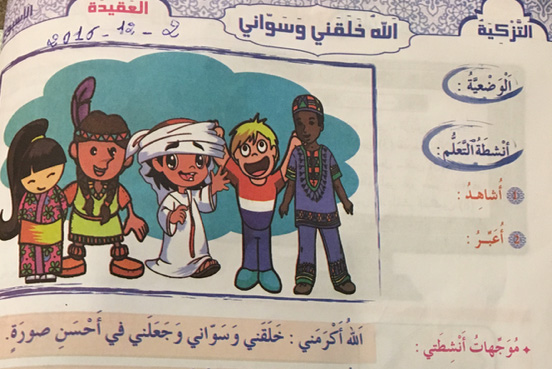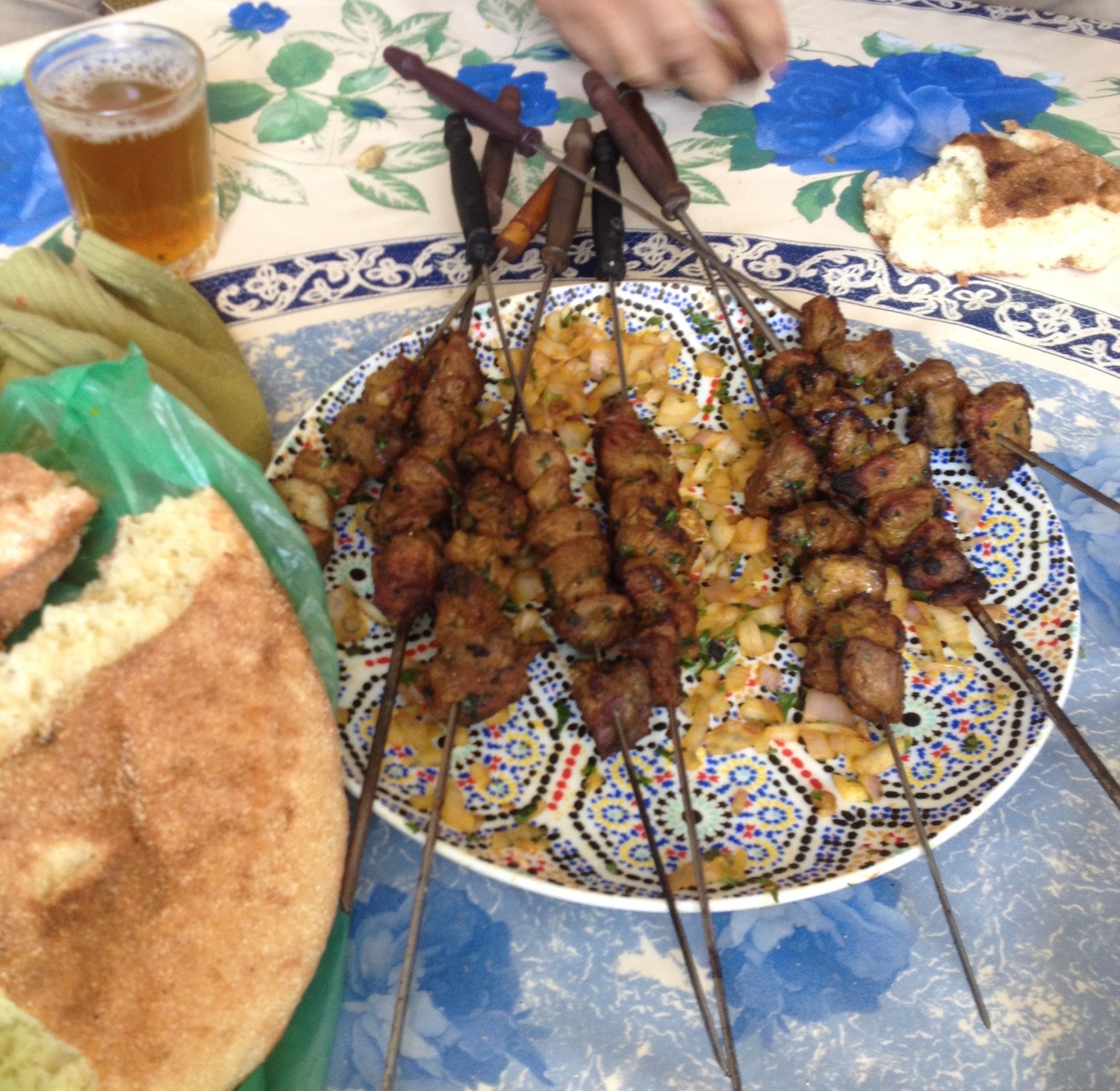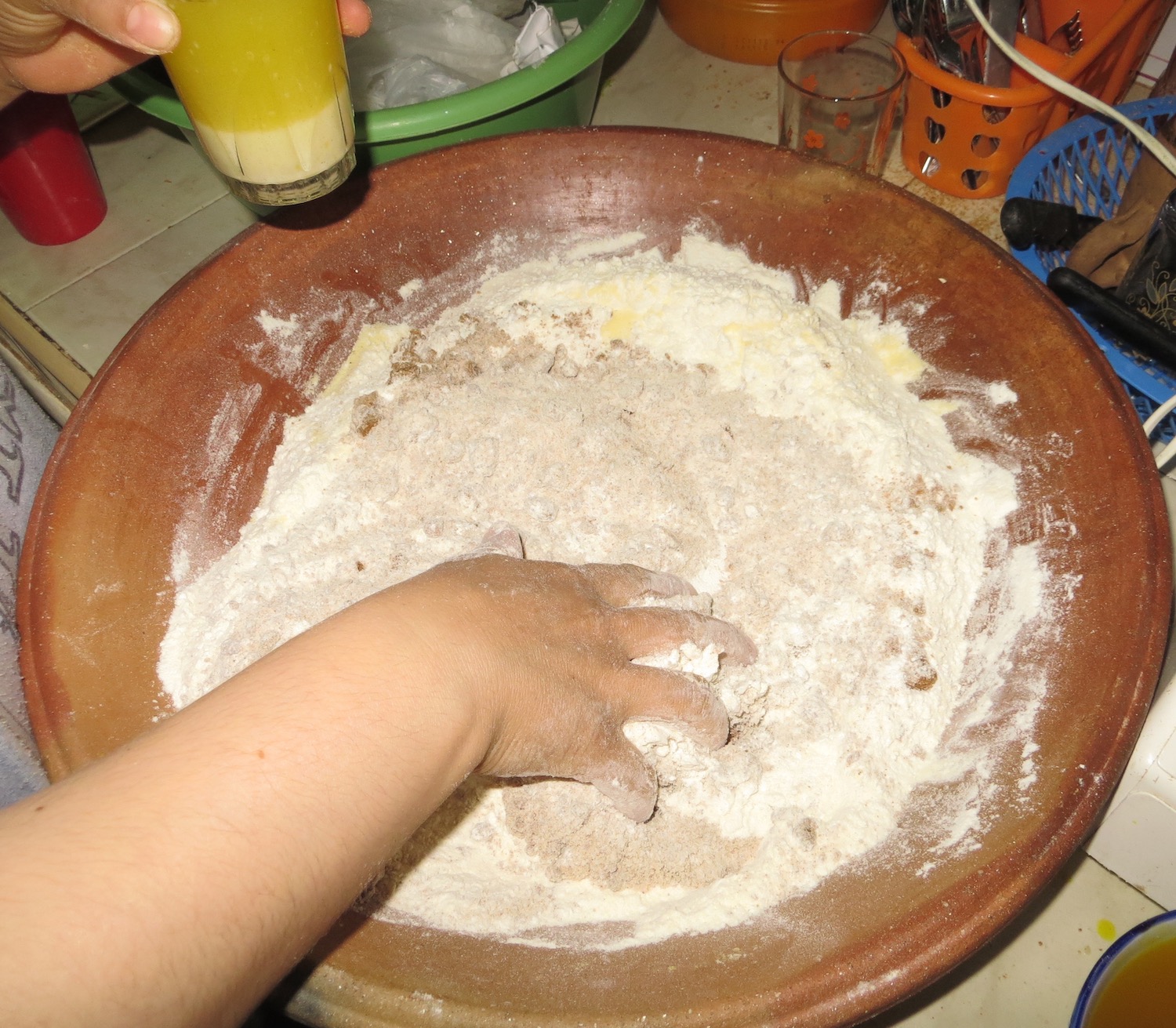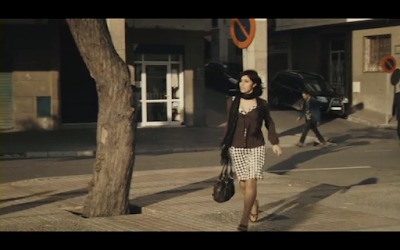
State Islam in Morocco
Kaylee Steck investigates the diversity of state Islam in Morocco, including the ways it manifests across the densely interconnected fields of education, politics, religious practice and religious programming. Given the breadth of these manifestations, Steck argues that Moroccans engage with official religious discourse in different ways, rendering not a uniform experience of Islam, as the state may prefer, but unique and diverse quotidian experiences alongside multiple state Islams with different...


